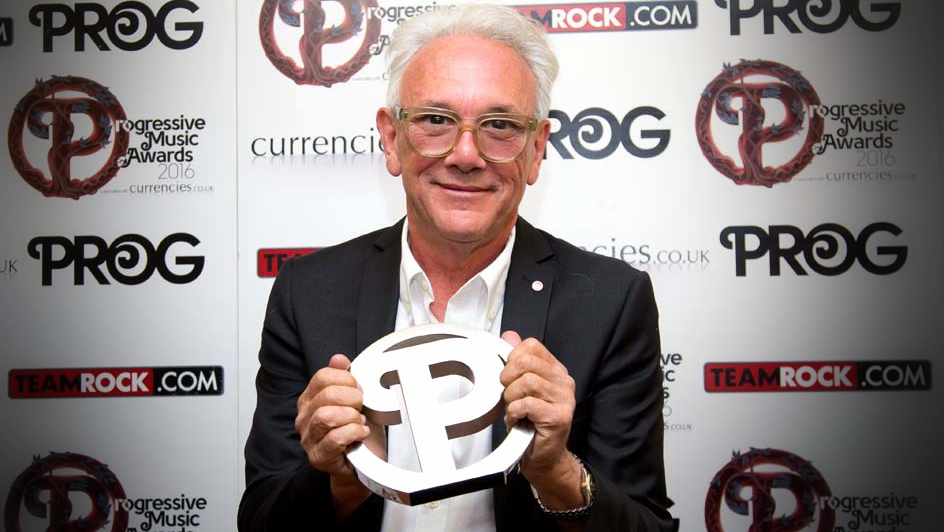However, the power of music can go way beyond this though. Scientists, business owners, and even national governments have been using music as a tool for years. Here’s how.
Increasing Workplace Productivity
Increasing the productive output of factories was a topic that was heavily researched during the 19th and 20th centuries. While a lot of strange experiments were conducted, such as whether changing the light level in the factory would make people work faster or slower, much of modern management theories are based on some of this research.
One of the most successful findings was that upbeat music could help to make people be more productive, especially when conducting menial, repetitive tasks.
In the United Kingdom, these findings were taken very seriously. So much so, a special radio programme was broadcast for more than 50 years.
The show “Music While You Work”, which was broadcast by the BBC, was played on factory floors up and down the country. The idea was that people would synchronise with the beat of the high tempo music, subtly encouraging them to work faster.
Boosting Concentration
As workers moved from factories to offices, the merits of continuous upbeat music were questioned. In fact, scientists continue to disagree about whether it is effective in a modern workplace.
Yet, if you walk into many modern offices you’ll see rows and rows of people sitting at their desks listening to music through headphones. The majority of them choose to do so because it helps them to drown out the noise of busy open-plan offices.
University libraries are often the same, with many students using music to help them focus on their studies by drowning out the background noise.
Increasing Sales
Music, and sound in general, have been found to be effective in gently encouraging behavioural changes in consumers.
This can be seen in shops where it has been found that playing slow music can encourage shoppers to take their time in navigating around the store. It has been found that people spend more time looking at the different products on the shelves as a result.
Another example is the noises that arcade games and slot machines make. The loud noises that the machines produce have been found to make winning a lot more exciting. This is why the UK's top online casino real money uses these sounds to improve the experience for their customers.
Improving Memory
Music has also been found to help us remember more information and to build long-lasting associations. In education, this is useful in helping students to memorise information. This can be seen in the fact that even well into adulthood, some people continue to use the alphabet song to remember the order of letters.
Even to this day, the melody and slogan are still used although Timberlake’s version hasn’t featured in any recent ads. Most consumers now have immediate associations with the brand when they hear this tune, even if they’re not paying attention to the ad.










